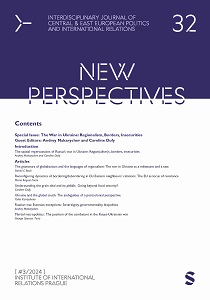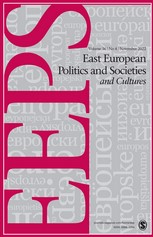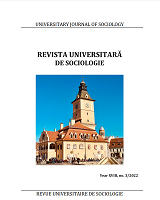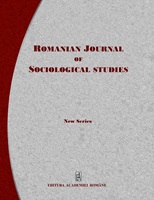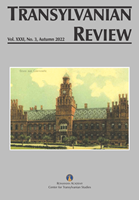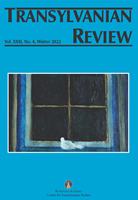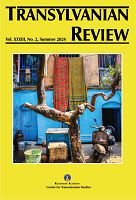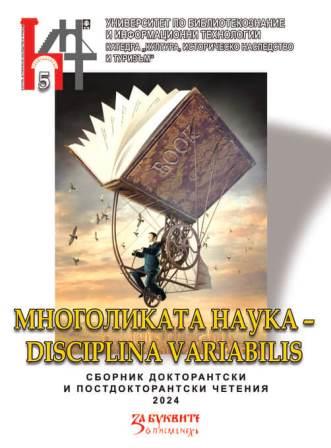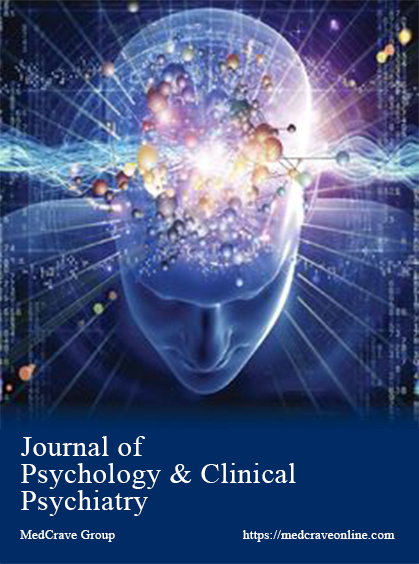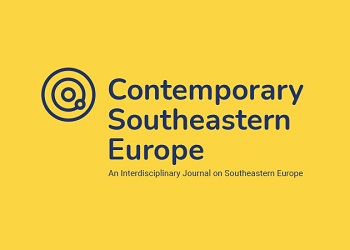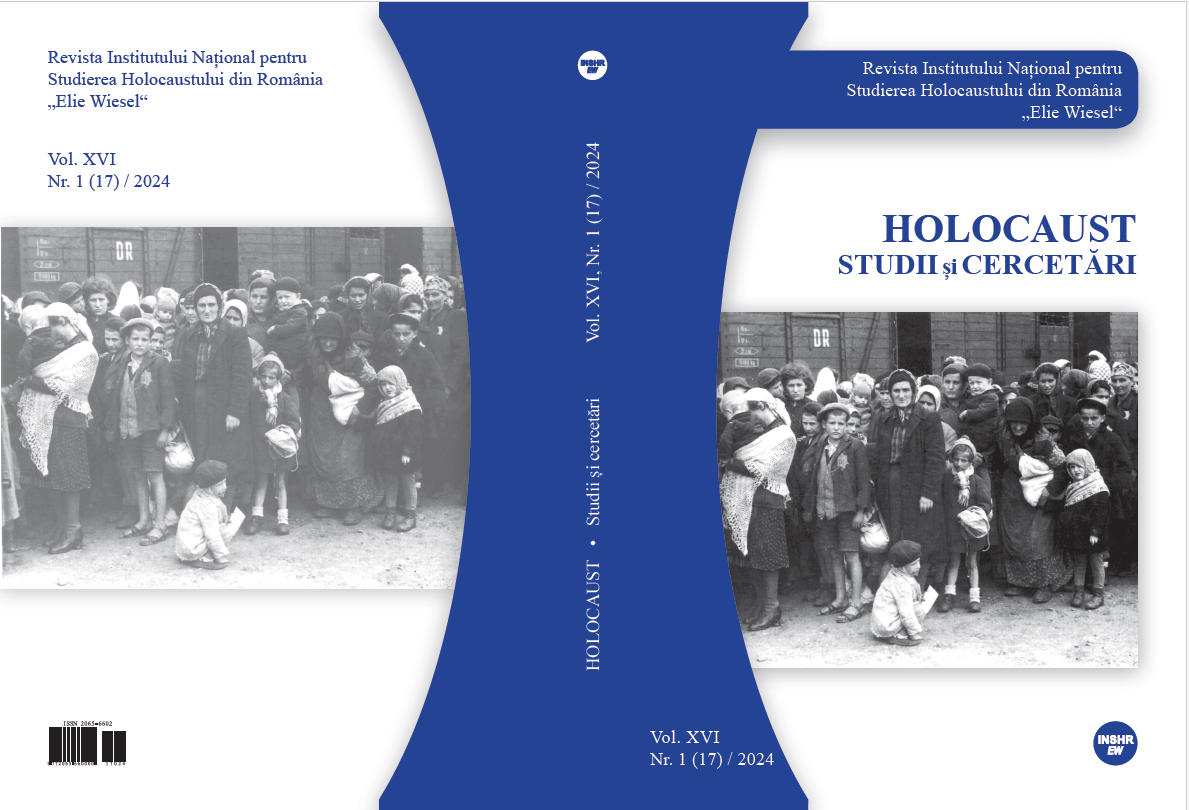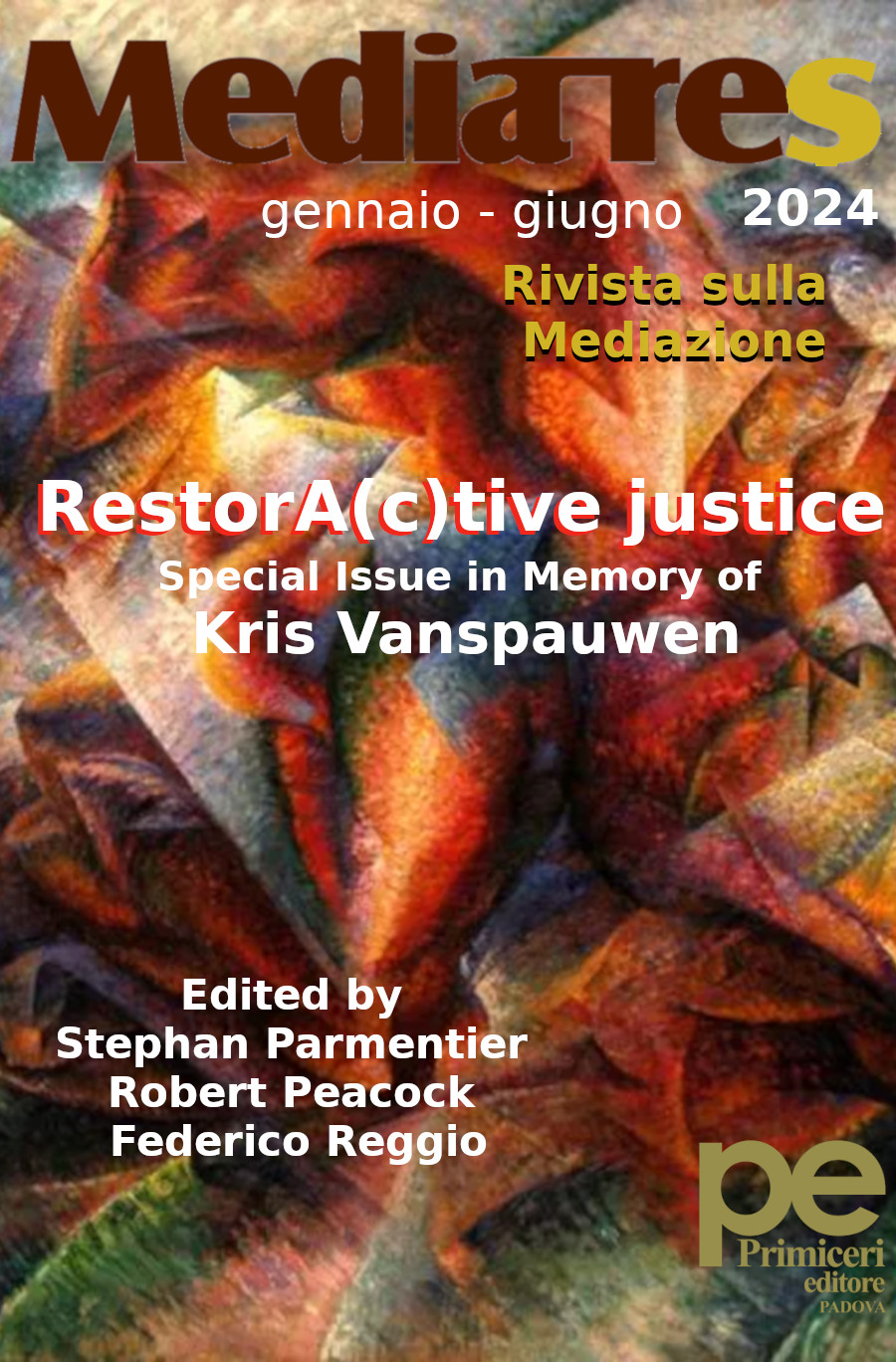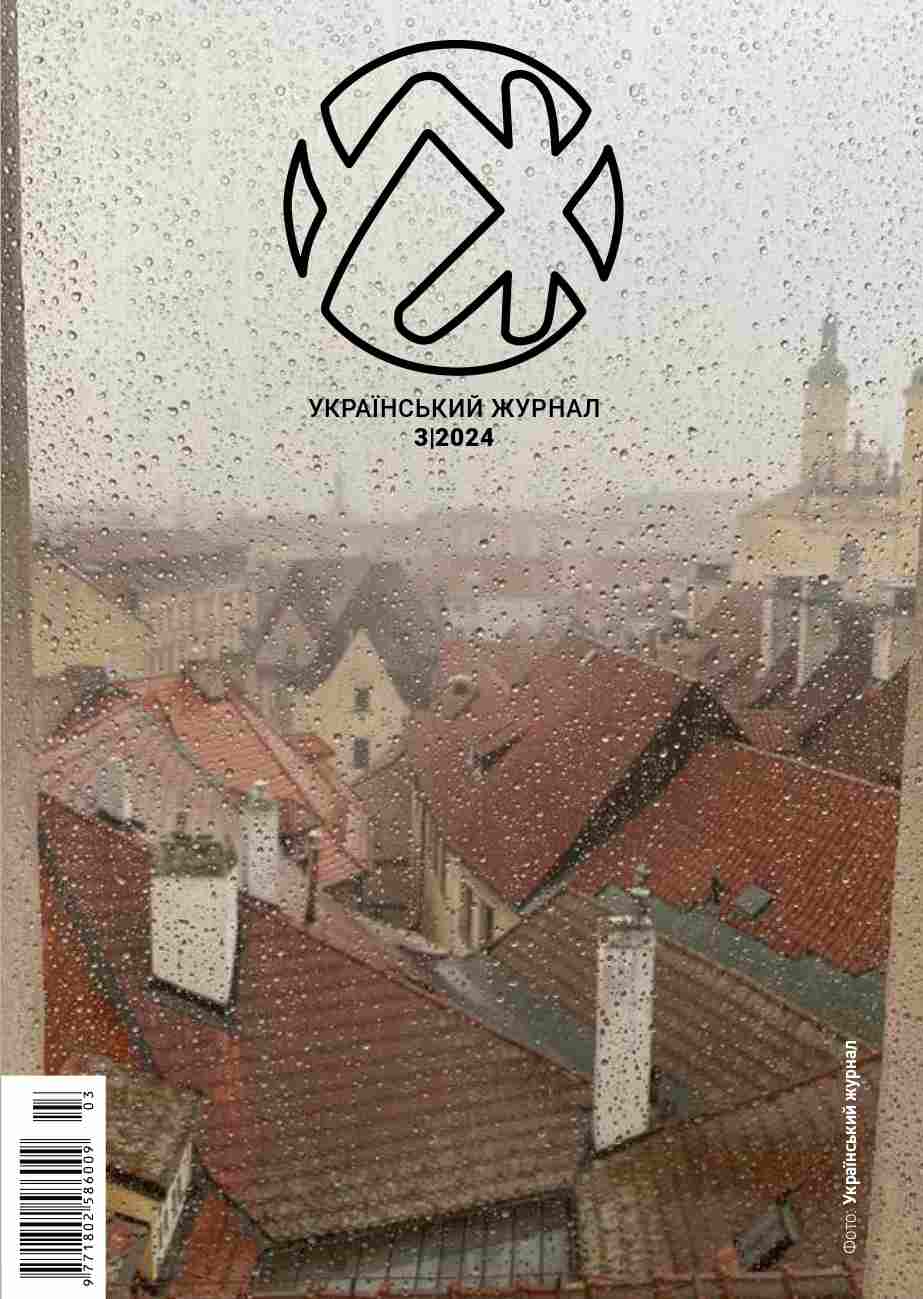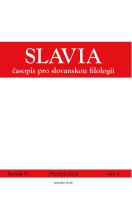
Obrazy holokaustu v bulharské poválečné literatuře
The study deals with the theme of the Shoah in Bulgarian postwar literature, which includes both works of fiction (authors like Viktor Baruh, Salis Tadzher, Simcho Isakov etc.) published in the People’s Republic of Bulgaria (1946–1990), and literature of Bulgarian Jews in Israel (Albert Beni, Albert Mihael, Albert Varsano etc.). The article is an attempt to interpret the selected works (novels, novellas, short stories, poetry and memoirs) with regard to various discursive strategies that have changed and adapted to different socio-political contexts in both countries. The themes of the Shoah and the anti-Jewish policy of tsarist Bulgaria could take on diverse ideological functions depending on the context. Literature thus became an important component of various memory constructs in postwar Bulgaria and as well as in Israel.
More...
